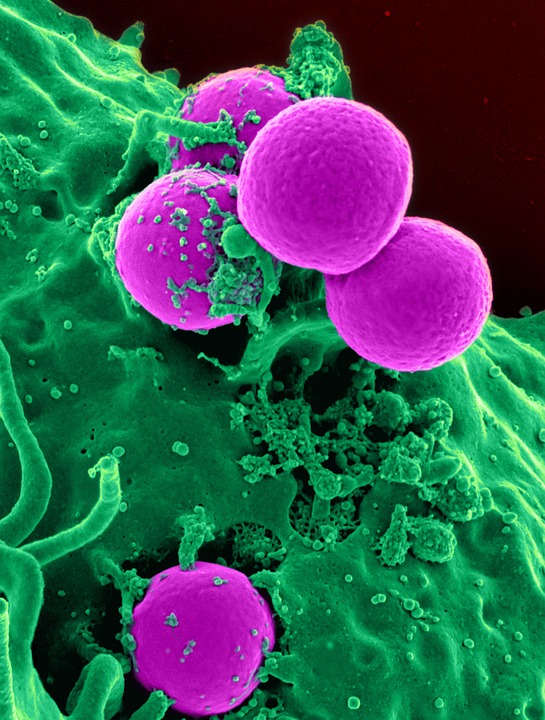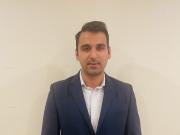
British scientists are working on a new immune therapy based on blood cells from patients who have successfully recovered from cancer, a breakthrough that could lead to the potential cure for millions.
Previous results from tests conducted in the laboratory revealed better treatment for cancer. These results also found a potential cure that could be used to test on patients as early as next year, reported Express .Co.UK.
The unique therapy involves neutrophil cells. Neutrophil cell forms the body's first line of protection against foreign substances. This novel therapy helps kill cancer cells by either destroying them with chemical or antibodies directly or by engaging other immune system cells.
The researchers stated that they have clearly found a way to remove cancer-killing cells from donor blood and increase them by the million.
"We are not talking about simply managing cancer. We are looking at a curative therapy that you would receive once a week over five to six weeks," said Alex Blyth, Chief Executive of LlfT Biosciences.
"Based on our laboratory and mouse model experiments, we would hope to see patients experiencing complete remission. Our ultimate aim is to create the world's first cell bank of immensely powerful cancer-killing neutrophils. A key advantage of neutrophil treatment is that a donor's cells can be given to anyone without serious rejection," said Blyth.
The neutrophils cells can survive in the recipients' body for five days and disappear before recipient's immune system changes further.
"However, it's too early to say whether this research will be safe or effective in humans as they have only studied it in mice and cells. But we look forward to seeing future results," said Anna Perman of Cancer Research UK.
With inputs from IANS.








